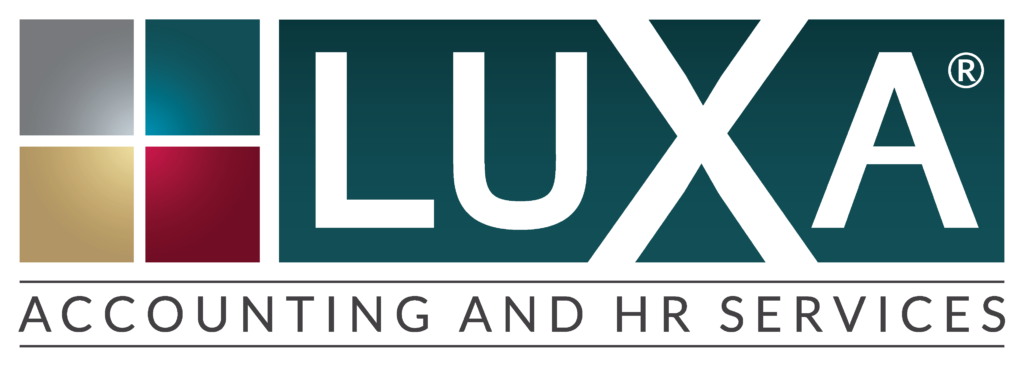How outsource accounting prepares clients for IRS audits
When applying for your Employer Identification Number (EIN), you will be asked to choose your “tax year”. According to the IRS (www.irs.gov) and the U.S. Small Business Administration (www.sba.gov) here are a few guidelines:
A “tax year” is an annual accounting period for keeping records and reporting income and expenses. An annual accounting period does not include a short tax year. The tax years you can use are:
- Calendar year – A calendar tax year is 12 consecutive months beginning January 1 and ending December 31.
- Fiscal year – A fiscal tax year is 12 consecutive months ending on the last day of any month except December. A 52-53-week tax year is a fiscal tax year that varies from 52 to 53 weeks but does not have to end on the last day of a month.
Under IRS rules, a tax return is usually due on the 15th day of the fourth month after the end of the tax year. If the tax year is a calendar year, as it most often is, then the return is due on April 15, a date we are all familiar with (for corporations, the deadline is the 15th day of the third month following the tax year, or March 15 for a calendar year).
However, the rule does not specifically say “April 15” or “March 15,” because if the fiscal year is different than the calendar year, those dates fall somewhere in the middle, and a year’s worth of accounting is not available from which to prepare a return. For an entity like our school example above, the 15th day of the fourth month after the end of the tax year would be October 15.

Generally, anyone can adopt the calendar year. However, if any of the following apply, you must adopt the calendar year.
- You keep no books or records;
- You have no annual accounting period;
- Your present tax year does not qualify as a fiscal year; or
- You are required to use a calendar year by a provision of the Internal Revenue Code or the Income Tax Regulations.
Even if you (a taxable entity) were not in existence for the entire year, a tax return is required for the time you were in existence. Requirements for filing the return and figuring the tax are generally the same as the requirements for a return for a full tax year (12 months) ending on the last day of the short tax year.
Once you have adopted your tax year, you may have to get IRS approval to change it. To get approval, you must file Form 1128, Application To Adopt, Change, or Retain a Tax Year (PDF). See the instructions for Form 1128 for exceptions. If you qualify for an automatic approval request, a user fee is not required. If you do not qualify for automatic approval, a ruling must be requested and a user fee is required. See the instructions for Form 1128 for information about user fees if you are requesting a ruling. LUXA Enterprises is an outsource accounting firm based in Tulsa, OK. To get more helpful bookkeeping advice visit our blog where we discuss this and more on Tulsa bookkeeping.
Skyseeker original calendar. via photopin (license)” target=”_blank”>Photo Credit



